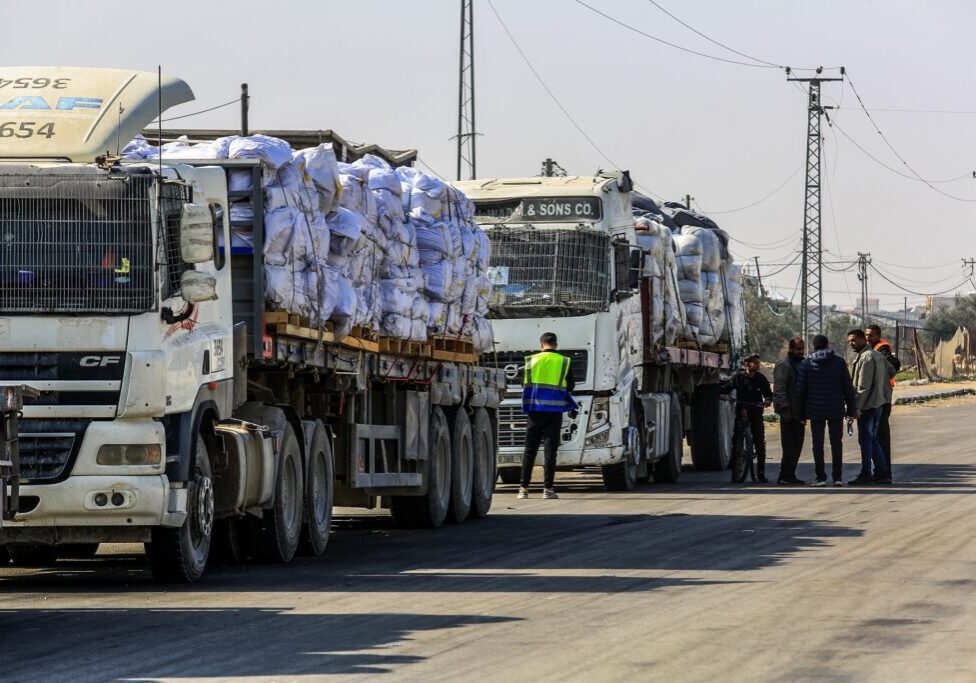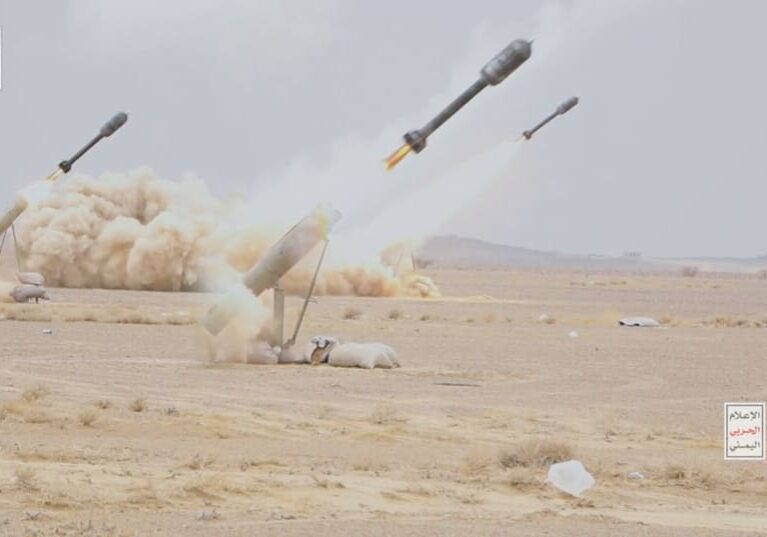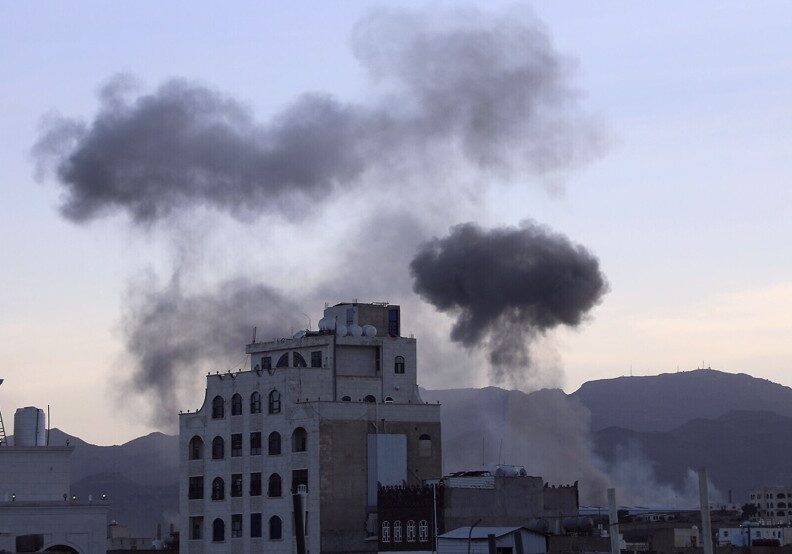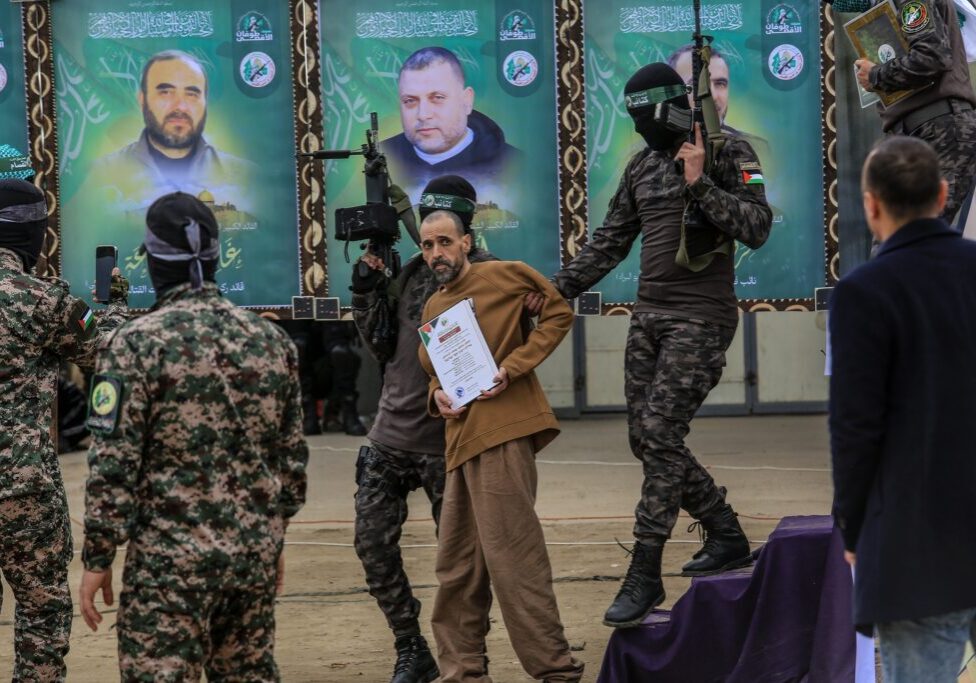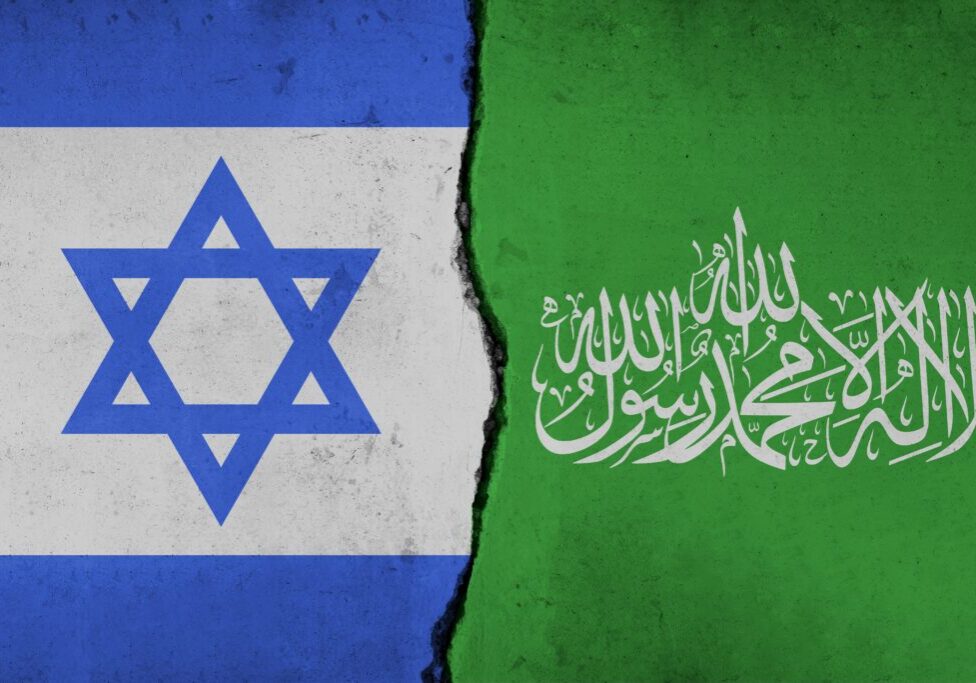Australia/Israel Review
Hezbollah’s health kick
Nov 9, 2018 | Hanin Ghaddar
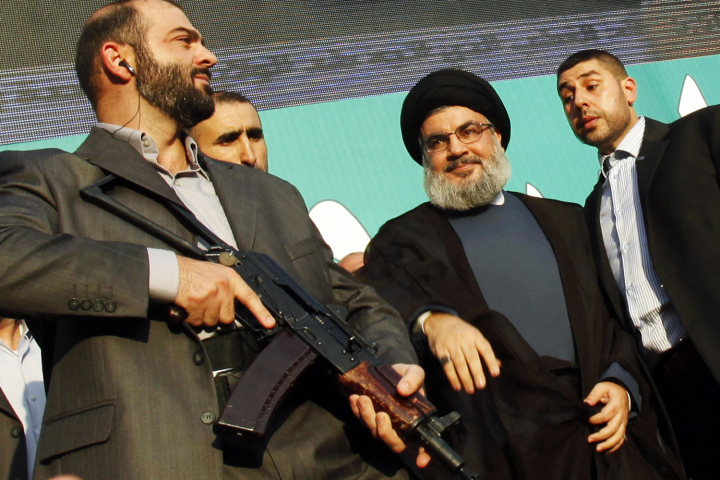
Since the May parliamentary elections, Lebanese Prime Minister-designate Saad Hariri has been negotiating between Lebanon’s rival parties to form a new government, seemingly believing that he can establish a power-sharing cabinet similar to the past two national-unity governments. Yet Hezbollah – a terrorist group that also runs a political party in Lebanon – and its allies participated in those previous governments as the minority. Now that their coalition controls the majority, they appear less interested in sharing power.
Rather than hoarding cabinet seats for itself, Hezbollah is taking a calculated approach to the situation, allowing its opponents to form a government headed by Hariri while giving its allies control over most of Lebanon’s sovereign ministries. This may help Beirut avoid some of the international pressure that could ensue if significant portfolios are directly controlled by a terrorist group; it could also help Hezbollah sidestep domestic blame if these ministries are mismanaged. Even as it yields sovereign portfolios to other parties, Hezbollah seems intent on directly controlling a key service portfolio itself: the Ministry of Public Health.
A FINANCIAL ALTERNATIVE
After the Defence, Education, and Interior Ministries, the Health Ministry commands Lebanon’s fourth-largest budget at US$338 million per year. And while most of the money in the top three ministries is allotted to salaries, the majority of Health Ministry funds are given directly to the public.
Hezbollah reportedly wants access to this cash flow because it is worried about losing some of its funding from Iran. To be sure, foreign Shi’ite militias like Hezbollah remain a top budgetary priority for Iran’s Islamic Revolutionary Guard Corps. Yet Hezbollah seems unsure whether the estimated US$700 million it receives annually from Teheran can feasibly be maintained in light of tougher US sanctions, more of which are scheduled to be implemented on Nov. 4. Likewise, if the growing tension between Iran and Israel erupts into a regional war, Hezbollah may fear that Teheran will be unable to fund the reconstruction of destroyed Lebanese towns as it did in the aftermath of the 2006 conflagration.
Another concern stems from the fact that Iran has made regional military operations its number one priority. As a result, a greater proportion of its funding to Shi’ite militias has been diverted to military activities, so financial support for Hezbollah’s social services networks has been curtailed, leading to significant cuts in services. Today, Hezbollah soldiers and their families are the primary beneficiaries of such services, leaving out many non-combatant members and outside supporters who once received this largesse but now face the prospect of salary cuts and downsizing. Coupled with the draining war in Syria, these trends have stoked discontent among Lebanon’s Shi’ite community.
Some reports even suggest that Hezbollah has struggled to compensate families of fighters killed or injured in the Syrian war. For example, the Martyrs Foundation was established in part to provide financial assistance, health, and social support to the relatives of those killed in combat, while the Foundation for the Wounded was formed to help civilians injured during hostilities with Israel or other operations. Today, however, Hezbollah’s health services – which include five hospitals and hundreds of medical centres, infirmaries, dental offices, and mental health providers – can barely meet the needs of wounded soldiers and their families, according to many local reports. Based on the average ratio of killed to wounded in modern combat, the group may have upwards of 9,000 such casualties to take care of.
This is the main reason why Hezbollah is so committed to taking control of the Lebanese Health Ministry. Doing so would ease its financial burden, enabling the militia to run its own “veterans affairs” health system even if Iranian support is curtailed due to sanctions.
INTERNATIONAL PRESSURE
To be sure, the composition of the next Lebanese government could have implications for foreign aid even if Hezbollah limits itself to managing the Health Ministry, since the group has been wholly or partly designated as a terrorist organisation by the United States, some European countries, and various Gulf states. Thus far, Hariri has not publicly objected to Hezbollah taking the Health Ministry, though he noted last week that the World Bank, or other international organisations, might stop providing aid to the institution. The EU alone has been giving approximately 88 million euros per year to Lebanon’s public health sector under various instruments to help cope with spillover from the Syria war. If Hezbollah controls the ministry, it might be able to access some of these funds at the expense of Syrian refugees.
For its part, the US embassy in Beirut has reportedly threatened to cut any American or international assistance for ministries allocated to Hezbollah. Although Washington does not provide direct aid to the Health Ministry, it is a major player in the World Bank and other organisations that do just that.
Hezbollah officials quickly reacted to these threats, stating that Hariri, Speaker of Parliament Nabih Berri and President Michel Aoun had already agreed to give the Ministry to the party, and that this agreement should not be breached under American pressure. Unwilling to oppose Hezbollah, Hariri seems to have conceded the Ministry and is now focused on allocating other portfolios among rival parties.
A BOTTOM-UP APPROACH?
Of course, even if Hezbollah ultimately abstains from de jure control over major sovereign and service ministries, its coalition partners – the Free Patriotic Movement and Amal – will most likely take the defence, finance, foreign affairs, and energy portfolios. This would make Hezbollah the de facto decision-maker in all of these ministries.
Moreover, the group can access major state funds even without taking cabinet seats. Hezbollah officials have reportedly informed Amal that they will take charge of assigning half of the government jobs constitutionally allocated to the Shi’ite community. Traditionally, Amal has used this privilege to maintain its own support base. Yet with fewer patronage dollars to distribute, Hezbollah can no longer afford to leave that significant windfall to Amal. In the end, this approach could yield three important benefits for Hezbollah: (1) alleviating its financial woes, (2) enabling it to provide jobs and salaries to its support base and fighters, and (3) creating a situation where the state’s security and military institutions protect the group and its base from international sanctions or even a military confrontation.
POLICY RECOMMENDATIONS
Hariri is right – allowing Hezbollah to control the Health Ministry and other state services will have international repercussions, including potentially unprecedented sanctions on state institutions beyond the banking sector. So far, Washington has refrained from sanctioning Hezbollah-controlled hospitals, but that does not mean it would hesitate to do so if the group takes over the ministry itself. Financial aid from international organisations may likewise see cuts.
US military assistance to the Lebanese Armed Forces (LAF) is not sacred either. Although US Central Command continues to express support for the LAF, the US Congress is not blind to the national military’s ever-tightening relationship with Hezbollah.
Hariri may not be strong enough politically to prevent Hezbollah from taking the Health Ministry. Yet Washington and the international bodies that assist Lebanon’s institutions should continue warning President Aoun, other policymakers, and lawmakers in Beirut that the health sector will face consequences for providing Hezbollah with yet another slush fund.
Hanin Ghaddar, a veteran Lebanese journalist and researcher, is the Friedmann Visiting Fellow at the Washington Institute for Near East Policy. © Washington Institute, reprinted by permission, all rights reserved.

